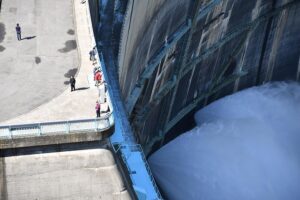Clogged drains are a common household issue causing inconvenience and potential damage. Understanding primary causes like grease buildup, hair, foreign objects, and tree roots is crucial for prevention. Regular maintenance, including drain covers, cleaning grease traps, and careful flushing, significantly reduces clogs. Proactive measures using eco-friendly practices and tools save costs and prevent pipe damage. Effective drain cleaning requires the right tools, such as a plunger, baking soda, vinegar, hot water, or chemical cleaners. For severe clogs, call a professional plumber early to avoid further damage. Regular annual maintenance prevents costly issues.
Are you tired of dealing with stubborn, clogged drains? This comprehensive guide is your go-to resource for all things drain cleaning. From understanding common causes and prevention tips to identifying solid vs. liquid obstructions, we’ve got you covered. Learn about effective tools and equipment, follow our step-by-step home unclogging guide, and discover when it’s time to call a professional. Plus, explore eco-friendly practices and maintenance tips to keep your drains clear and flowing.
Understanding Clogged Drains: Common Causes and Prevention Tips

Clogged drains are a common household issue that can cause significant inconvenience and even damage if left unattended. Understanding the causes behind these blockages is the first step in effective prevention. The most frequent culprits include grease buildup from cooking, hair and personal care products, foreign objects like toys or utensils, and tree roots infiltrating pipe systems. Regular maintenance is key to avoiding drain clogs. This includes using drain covers to catch hair and other debris, regularly cleaning out grease traps, and being cautious when flushing down non-biodegradable items.
Additionally, adopting eco-friendly practices in the bathroom and kitchen can significantly reduce the risk of drain cloggings. For instance, opting for biodegradable cleaners, using a strainer in the sink, and properly disposing of grease instead of pouring it down the drain are simple yet effective preventive measures. Remember, proactive steps taken today can save you from costly drain cleaning services tomorrow.
Identifying the Type of Drain Clog: Solid vs. Liquid Obstructions
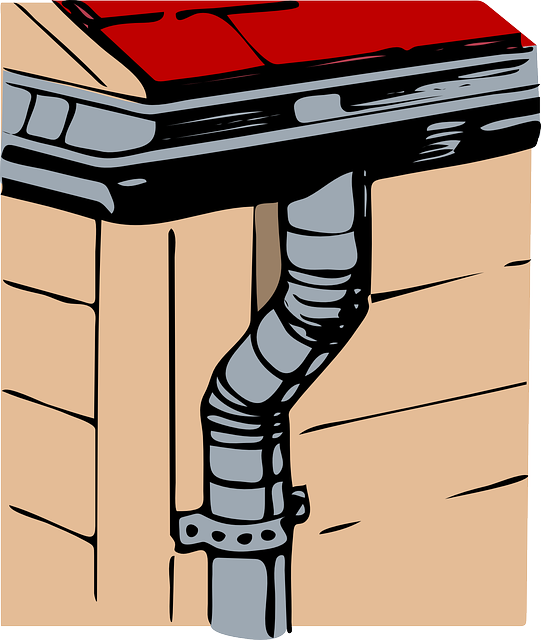
When it comes to blocked drains, understanding the type of clog is crucial for effective drain cleaning. Clogs can be categorized into two main types: solid and liquid obstructions. Solid clogs are typically caused by items like grease, food scraps, hair, or even small objects that have been mistakenly flushed down the drain. These substances tend to accumulate over time and form a thick barrier inside the pipes, obstructing water flow.
Liquid clogs, on the other hand, are often due to things like oil, soap scum, or even foreign materials like paper products that dissolve partially. While they might not create as immediate of a blockage as solids, liquids can still cause significant slowdowns and backups in your plumbing system. Identifying the type of clog is essential because it dictates the best approach for drain cleaning, ensuring efficient removal without causing further damage to your pipes.
Tools and Equipment for Effective Drain Cleaning

When it comes to effective drain cleaning, the right tools and equipment make all the difference. Standard household items like a plunger can be a game-changer for minor clogs. A traditional sink plunger with a solid cup is ideal for unclogging sinks and shallow drains. The suction action created by plunging helps dislodge hair, grease, and other common blockages.
For tougher obstructions, consider investing in a drain snake or auger. These tools are flexible metal cables that can be inserted into the drain and then twisted to break up and remove debris. Power drills with specialized bits are another useful addition, especially for stubborn clogs. Additionally, chemical drain cleaners offer a quick fix but should be used sparingly as they can be harmful to pipes if overused.
Step-by-Step Guide to Unclogging a Drain at Home
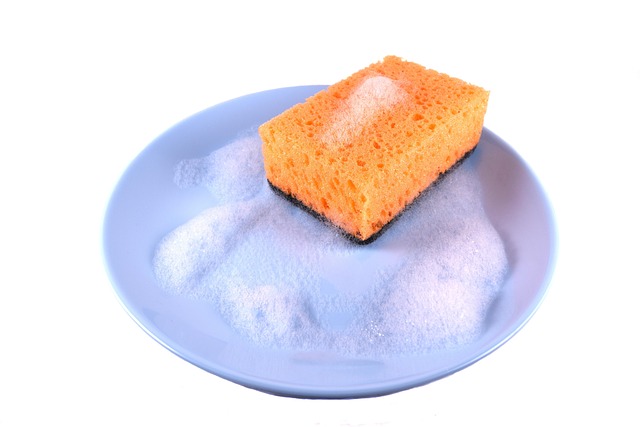
Unclogging a drain at home is easier than you think. Start by gathering a few simple tools like a plunger, baking soda, and vinegar. First, pour 1/2 cup of baking soda down the drain. Then, slowly drizzle 1 cup of white vinegar into the drain. This mixture will create a foaming reaction that helps break up grease and grime buildup. Next, place the plunger over the drain opening and push down firmly several times to create suction. If the clog persists, repeat the process with hot water instead of vinegar.
For tougher clogs, try using a drain snake or plumber’s serpent. Feed the flexible metal cable into the drain until it reaches the blockage. Twist and turn the handle to break up the clog. If all else fails, call a professional plumber for assistance. Regular maintenance like clearing drains with hot water once a month can prevent future blockages from forming. Remember, safety first – wear gloves when handling chemical cleaners.
When to Call a Professional Plumber for Severe Clogs
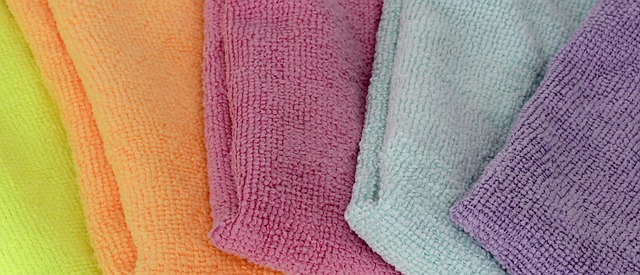
If you’ve tried standard drain cleaning methods and still can’t dislodge a severe clog, it’s time to call in a professional plumber. Constantly recurring clogs or particularly stubborn blockages that involve strong odors, gurgling sounds, or a complete lack of drainage warrant expert attention. Plumbers have access to specialized tools like high-pressure water jets and drain snakes designed to break through even the most tenacious obstructions.
They also understand the intricate workings of plumbing systems and can identify the root cause of the problem, whether it’s tree roots infiltrating pipes, a broken pipe, or a buildup of grease and debris. Early intervention from a professional plumber not only saves you time and money but can prevent further damage to your precious plumbing system and home.
Eco-Friendly and Safe Drain Cleaning Practices
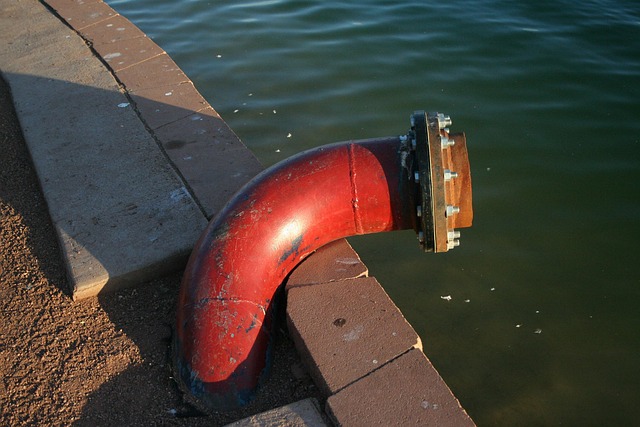
When it comes to drain cleaning, opting for eco-friendly and safe practices is not just beneficial for your home’s plumbing but also for the environment. Traditional chemical cleaners can be harsh and toxic, causing harm to aquatic life and potentially contaminating groundwater. Instead, consider using natural alternatives like baking soda and vinegar, which are highly effective at clearing clogs. Baking soda acts as a mild abrasive, while white vinegar serves as a natural cleaner and acidifier, breaking down grease and grime.
Another safe practice is to invest in a good drain snake or plumber’s serpent. These tools help dislodge hair, grease, and other common blockages without resorting to chemicals. Regularly cleaning drains with these methods not only prevents clogs but also reduces the need for harsh chemicals, making your home more sustainable and ensuring the safety of local water sources.
Maintenance Tips to Avoid Future Drain Clog Issues
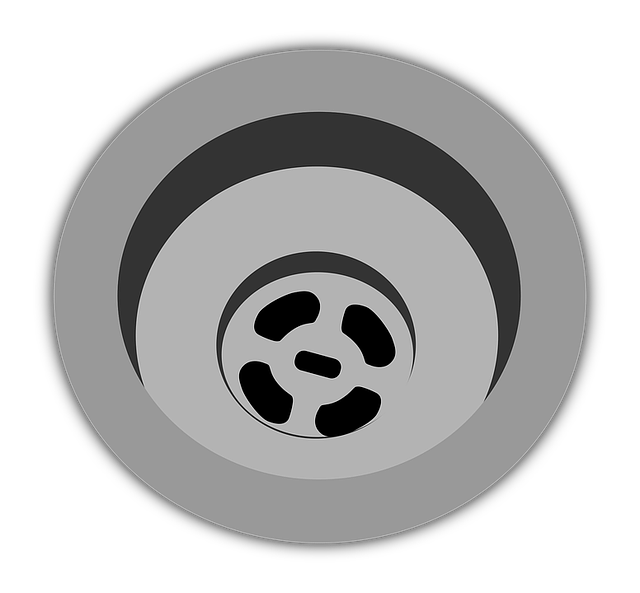
Regular maintenance is key to preventing future drain clogs. Start by avoiding pouring grease, coffee grounds, or large food particles down the sink. These substances can solidify in pipes and cause blockages. Instead, use hot water regularly to flush out any built-up grease or debris.
Consider using a plunger as a first-line defense against clogs. For tougher cases, try a drain snake or chemical drain cleaners, but be cautious with the latter, as they can damage pipes if not used properly. Additionally, scheduling professional drain cleaning services annually can help keep your drains flowing smoothly and prevent costly clog issues.
